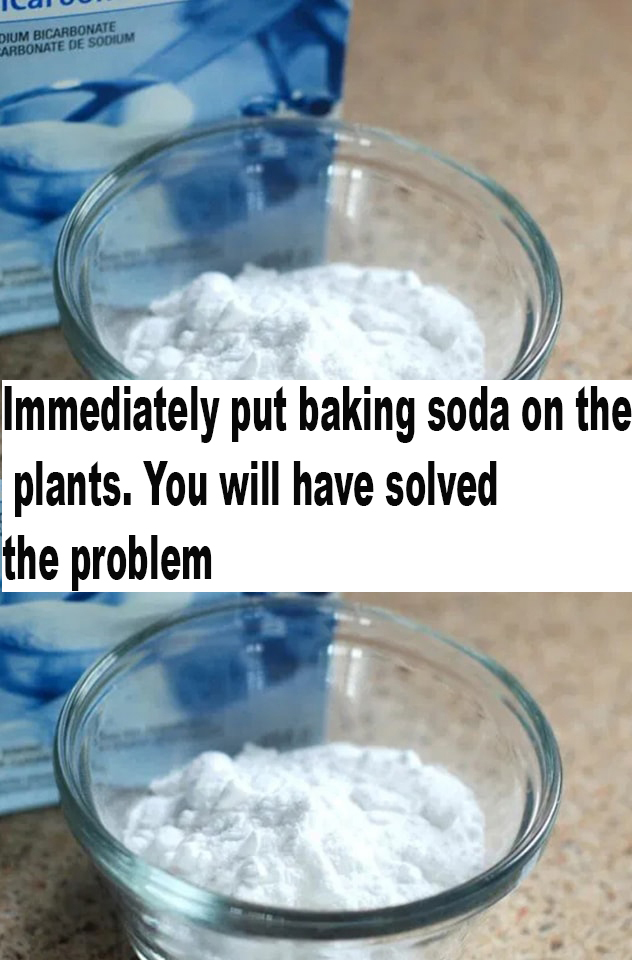Put baking soda on your plants immediately for the third benefit: it can be used as a fungicide. It is used to prevent the spread of fungal diseases on plants. Sodium bicarbonate kills hostile fungi by changing the pH of the soil and creating an environment hostile to their survival.
Disadvantages of using baking soda on plants
The amount of bicarbonate administered to the plants must be well regulated, otherwise negative effects will be obtained. For example, excessive use of baking soda can make the soil too alkaline and prevent plants from absorbing the nutrients they need. Additionally, baking soda can be harmful to some plants that prefer a more acidic environment.
Typically, to prevent fungal diseases, 10 g, or about 2 tablespoons, of sodium bicarbonate is dissolved in a liter of water. Put everything in a spray bottle and gently spray the plant. To be used in the morning and under no circumstances when temperatures become hot.
How to Fertilize Plants to Make Them Strong
To improve plant health, in addition to bicarbonate, we have some solutions for the garden, such as compost. It is a natural source of nutrients for plants and can be used as an organic fertilizer. Compost contains nitrogen, phosphorus, potassium and other elements essential for plant growth.
Organic fertilizers such as manure, bone meal, dried blood can be used to feed plants. These fertilizers provide a balanced source of nutrients essential for healthy plant growth.
Certain plants, such as mustard, clover, and rye, can also be used to create an organic fertilizer. These fertilizers, thanks to the repellent action of baking soda, can help improve soil health. They can provide a balanced source of essential nutrients for plant growth.
ADVERTISEMENT
